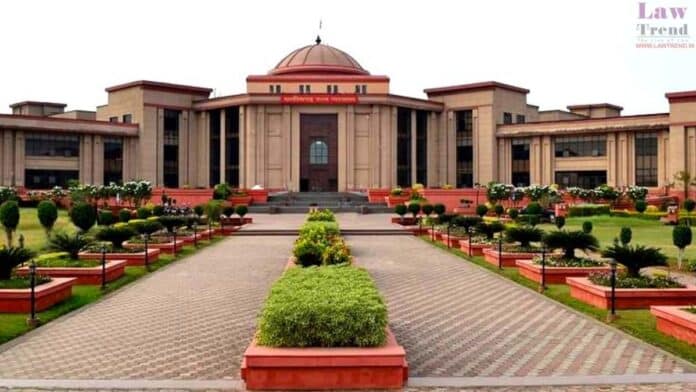In a significant ruling, the Chhattisgarh High Court, led by Chief Justice Ramesh Sinha and Justice Bibhu Datta Guru, expressed deep concern over the recent protests by students across the state, who took to the streets due to a lack of basic educational resources, including textbooks and proper amenities in schools. The court, while hearing
To Read More Please Subscribe to VIP Membership for Unlimited Access to All the Articles, Download Available Copies of Judgments/Order, Acess to Central/State Bare Acts, Advertisement Free Content, Access to More than 4000 Legal Drafts( Readymade Editable Formats of Suits, Petitions, Writs, Legal Notices, Divorce Petitions, 138 Notices, Bail Applications etc.) in Hindi and English.




